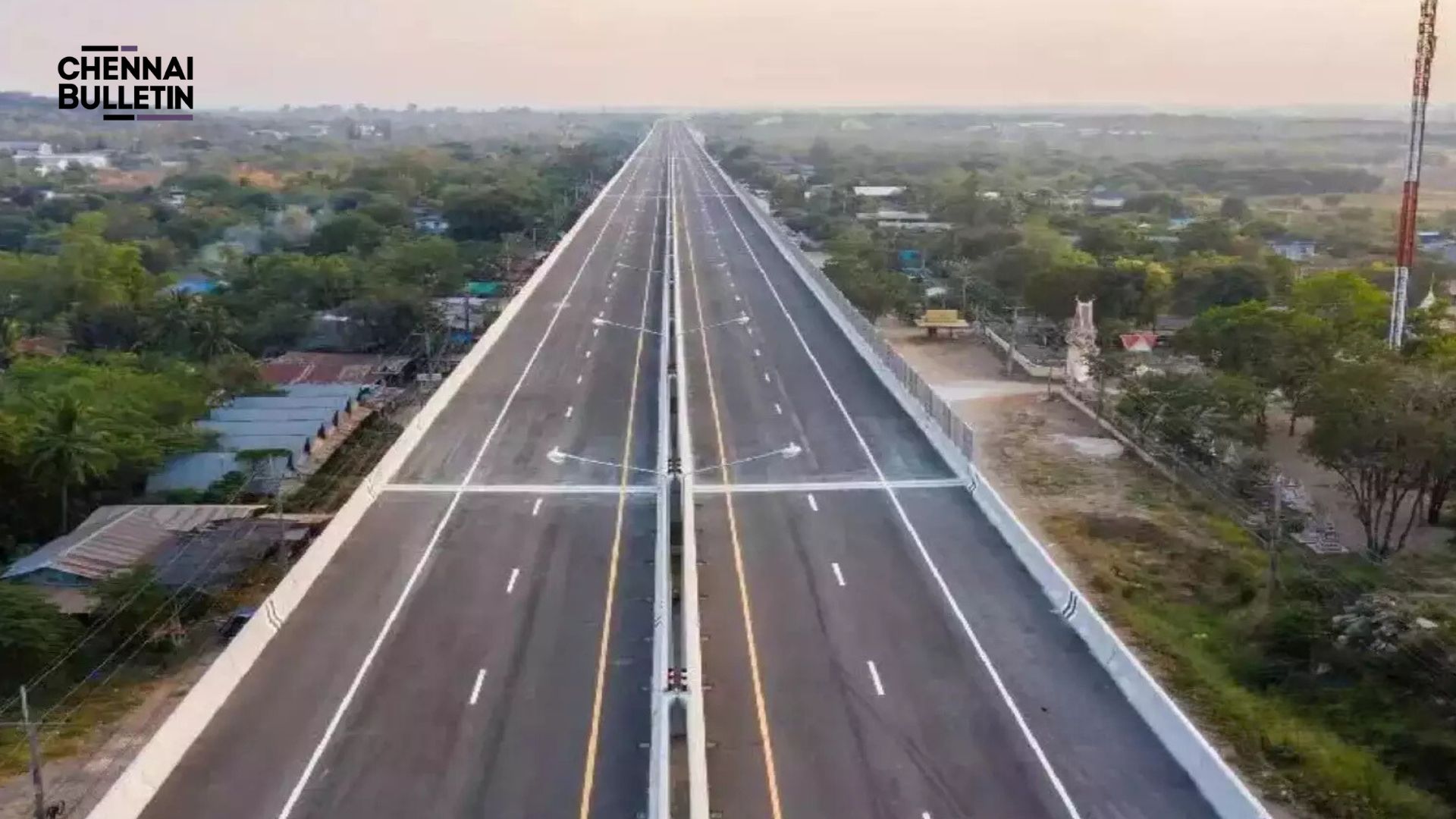India has made an important advance in its infrastructure. The Bengaluru-Chennai Expressway has opened a significant stretch. This project enhances connectivity between two major cities in South India. The Karnataka portion spans 71 kilometers. This section is now accessible to the public, providing a faster route for travelers. However, work continues on the Andhra Pradesh and Tamil Nadu segments, expected to finish by August 2025.
Impact on Connectivity
The Bengaluru-Chennai Expressway is vital for improving road connectivity in South India. Once all sections are operational, this project will connect three states—Karnataka, Andhra Pradesh, and Tamil Nadu. The travel time between Bengaluru and Chennai will drop dramatically. Currently, it takes about 6 hours. With the expressway in use, that time will be reduced to just 3 hours.
The design speed limit on the expressway is 120 km/h. This allows for a quicker and hassle-free travel experience. Long-distance commutes will become much more efficient. Travelers can expect smoother journeys on this newly constructed route.
The Karnataka Segment
The Karnataka stretch of the expressway is 71 kilometers long. It has been divided into three complete segments:
- Hoskote to Malur (27.1 km)
- Malur to Bangarapet (27.1 km)
- Bangarapet to Bethamangala (17.5 km)
Currently, this stretch is toll-free. Commuters can enjoy the convenience of the expressway at no additional cost. Once the entire expressway is finished, passengers will benefit from smoother rides and shorter travel time for the entire 260 km route connecting Bengaluru and Chennai.
Benefits for Travelers
The Bengaluru-Chennai Expressway will transform travel across South India. Halving the journey time means it is a faster option for both daily commuters and long-distance travelers. The improved route will also alleviate congestion on existing highways. This increase in road capacity will result in smoother traffic flow, offering a more comfortable driving experience.
Furthermore, this expressway will act as a catalyst for economic growth. It will enhance connectivity for business, trade, and tourism between Bengaluru and Chennai. With improved transport, the movement of goods and services will become easier, benefiting both Karnataka and Tamil Nadu.
The Future of Travel
The entire expressway is set to become operational by 2025. It will revolutionize transportation networks in the region. This project marks a significant upgrade in India’s infrastructure. Improved connectivity between Bengaluru and Chennai is just one of the many advantages. The expressway promises safer and speedier travel for users across South India.
This new route will focus on modernizing travel. It aims to provide greater convenience and efficiency while shortening journey times. As it stretches across three states, the expressway will reshape how people and goods move in this vital corridor. Both daily commuters and business travelers will find access to one of the country’s most efficient road networks.
Long-Term Impact on the Region
The Bengaluru-Chennai Expressway is anticipated to significantly alter travel patterns across the region. It will foster economic growth and improve the quality of life for citizens in the areas it connects. This infra project emphasizes speed, efficiency, and safety.
In the long term, the expressway will enhance logistics and transport solutions. It will also attract more businesses to the area, contributing to economic vibrancy. Improved infrastructure often leads to an increase in trade activities. Greater access to other regions also encourages tourism, which benefits local economies.
As the Bengaluru-Chennai Expressway nears completion, anticipation continues to grow. Stakeholders are optimistic about the advantages this new infrastructure will bring. The project reflects India’s commitment to developing its infrastructure to meet growing demands.
In conclusion, the Bengaluru-Chennai Expressway stands as a testament to progress in India’s transport system. Its completion will determine the future of travel in South India. The expressway promises to enhance connectivity, foster economic growth, and improve the daily lives of residents. As this project unfolds, it is clear that the expressway will be a significant part of India’s ongoing journey toward a modern infrastructure landscape.



